SS #93: Revived by Reading (with Karen Harris)
Last year we talked with Susan Wise Bauer about recovering a classical education for ourselves. Her book The Well-Educated Mind guides anyone through the most important works of the Great Conversation.
At the time, we wondered aloud if anyone had actually taken Susan up on her proposed reading plan. A listener reached out with her story and we knew we needed to have her on.
If you feel unequipped to read the good books, if you don’t know where to start, if you don’t think you have the time or ability or inclination, listen to this episode and be convicted and inspired by Karen’s testimony of God’s grace and sanctification.
Listen to the podcast:
TUNE IN:
Apple Podcasts | Spotify | Stitcher
Why Moms Read
[2:53 – 14:19] Scholé Every Day
[15:23] Who is Karen Harris?
[29:38] A thinking mom’s book club
[38:57] Benefits to reading
[41:46] If you don’t remember what you read …
[43:43] Reading opens connectedness of the world
[45:19] The books are long because life is long
[51:30] A sense of wonder
[53:13] The most important thing
[1:00:57] Karen’s top 3 book recommendations
Today’s Hosts
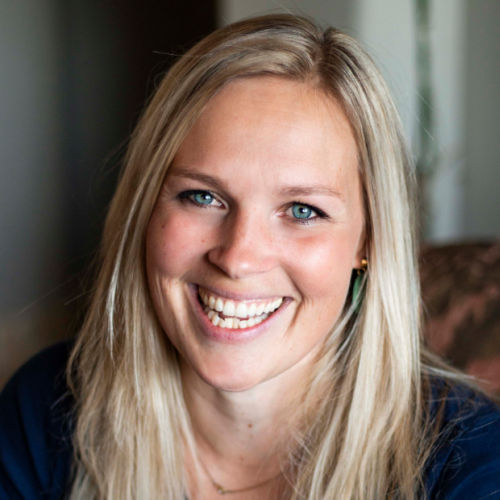
Abby Wahl
homeschools her 5 kids and started her real reading journey when she had babies out in the country with no internet.
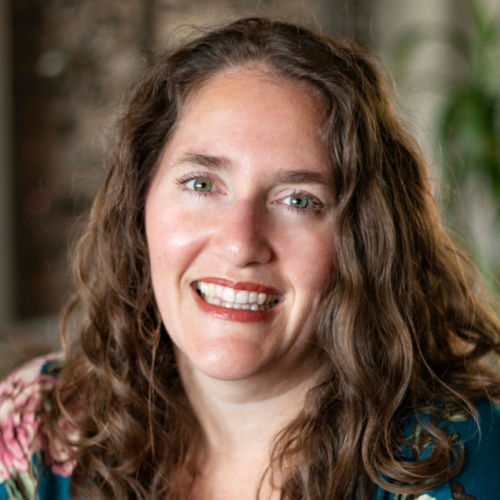
Brandy Vencel
homeschools 3 of her 4 kids (1 being graduated) and has always been a voracious reader, inheriting the habit from her father.
Today’s Guest: Karen Harris
Karen Harris is married to Wes and is the homeschooling mother to 10 children. She and her family love to read, travel, and have adventures together. The author of ” A Happy Mother of Children: Disciplines of Happiness,” Karen continues to write and learn from her home in Maryland.
“My friend and I, in an effort to reclaim our own education, have been using the Well Educated Mind as a reading list for our book club. We are 5 years and 50 books into her list of almost 150 books. We also read a Christian devotional and a book about education or philosophy at the same time.
It has been life changing and time consuming! We meet as often as once a week and as little as once a month depending on our circumstances. We meet as discuss the books using her guides for each types of writing.”
Karen Harris, introductory email
Scholé Every Day: What We’re Reading
Progymnasmata: Greek Textbooks of Prose Composition and Rhetoric, George Kennedy
Brandy is reading this book and learning that maybe she hasn’t taught writing all wrong after all.
Confessions, Augustine
Having started and stopped before, Karen Harris is now reading Confessions and enjoying it.
On the Road with Saint Augustine, James K.A. Smith
Jamie Smith’s latest book is helping Karen navigate and understand Confessions.
Peace Like a River, Leif Enger
Abby reread this coming-of-age novel with her book club and highly recommends it as a fun but meaningful read.
A Medieval World, Susan Wise Bauer
Abby is also alternately reading and listening to this history tome.
When you don’t read for a decade…
Karen begins by telling her story, which she tells in more detail along with her husband in this video (don’t miss part 2!):
Karen’s learning for two decades of her married and mothering life did not involve reading, but it was still rich with lessons given her through experience by God.
As she hit 40, she realized she could hardly read an adult non-fiction work with comprehension and was shocked.
Granted, she started with a difficult and deceptively small work by C.S. Lewis, Abolition of Man, but it was the wakeup call God used in her life to call her back to the reading life.
Prolific readers aren’t always good readers
Karen read piles of books as a kid and teen, but learned as an adult that not all reading is created equally.
What you read matters. We all need to read books that stretch our minds and our hearts, so we can come to a deeper, richer understanding of the world God has made.
Reading fewer books, but books that matter, will make you more of a reader than piles of historical fiction and romance novels. Quality matters more than quantity.
Karen was prompted to pick up reading again, particularly worth non-fiction reads and the classics after reading John Piper’s Think with her church group.
A thinking mom’s book club
Before you have the experience and education you need to pick the books, you shouldn’t be choosing the books you read. Let someone who is familiar with the classics make the list. Start by reading books from knowledgable people’s best books list, like Susan Wise Bauer’s The Well-Educated Mind.
Karen’s book club began by faith. They thoughts it would take 5 years to read through the classics list. Five years later, they are still going strong, but now believe it might be a twenty year project.
However, they remain undaunted. It is a worthy reading effort, and one that is bearing visible fruit in their minds and lives.
Scheduling and running meetings
Over the last five years, Karen and Jill have adapted their book club meetings to fit around their families’ needs. Some seasons they meet weekly. Other times, they plan to meet monthly.
Because it is only two of them, they can keep it flexible and make it happen the following week if one gets cancelled. Sometimes they simply commit to keep reading even if they can’t meet.
Karen and Jill committed to ending their book club on time every time they met to honor the boundaries they set for their families. After all, they couldn’t wait for the conversation to end because the conversation will never end. It is a long-haul project and friendship, so just stopping and the stop point is ok.
Takeaway: Be flexible. Keep going.
You have to be able to talk about it.
Karen Harris, episode 93
We need to be able to hash it out to learn and process. We’re meant for community
If you don’t remember what you read…
The point of reading isn’t so that you remember everything you’ve read or thought about. It’s ok when you can’t remember it all.
We don’t remember all our meals, but it doesn’t change the fact that they nourish us.
Karen Harris, episode 93
Even when you don’t remember what you read, you have the accomplishment of doing something hard, which helps you keep going. You’re developing your mind and ability to think in a different way than family logistics is you.
Simply getting started and pushing through builds your confidence.
Reading opens the connectedness of the world
Books name drop other books. It’s only after you get started and have a few years and a dozen or so great books under your belt that you start to notice and even get the references.
Having read some of the books referenced, the more you get out of what you read. You are joining the Great Conversation.
Reading widely in good books heals a fractured education and a fractured understanding.
Truth is one, truth connects the world and ideas, and all truth is God’s and points to Christ. Discovering truth is worthwhile.
Truth is one, truth connects the world and ideas, and all truth is God’s and points to Christ. Discovering truth is worthwhile.
If our source is Jesus Christ, and all things come from Him, then every single solitary truth points to Christ, which means that everything we study is connected to everything else.
Karen Harris, episode 93
Read more than the Great Books
Karen’s friend decided that they were not only going to read the Great Books listed in The Well-Educated mind, but also a book on education and on philosophy or theology concurrently.
They knew they needed development not only intellectually, but that their learning had to be grounded in Scripture and truth and applied to their role as educators of their children.
The education books explain how you get knowledge and communicate it. By reading different genres, the books began talking to one another more and more.
Everything we need to know is in the Word of God.
The books are long because life is long
You can’t tell the truth about life and people in a short story. These long novels are telling us the truth. Life is long. Marriage is long. Choices have consequences for the long haul.
Kid problems are not new. Marriage problems are not new. Truth is for all time. People across cultures and across time have perspectives that can speak to us in new ways.
You get new eyes to see the world with wonder.
Reading is worth the effort
Using your mind by reading hard books will produce a dopamine effect that is just as potent and good for you as getting fresh air and jogging.
We should exercise, we should get fresh air, and we should read hard books. Our bodies were built for this use.
When you do something hard with your mind, it affects you emotionally.
Karen Harris, episode 93
Mentioned in the Episode
Listen to related episodes:
SS#160 – We wrote a book!
SS#142: Attention is a homeschool essential
SS #137 – Fairy Tales Are True (with Vigen Guroian!!)
SS #134 – What is the 5×5 Reading Challenge?

Want to talk about the ideas presented here? The conversation is happening inside Sistership.
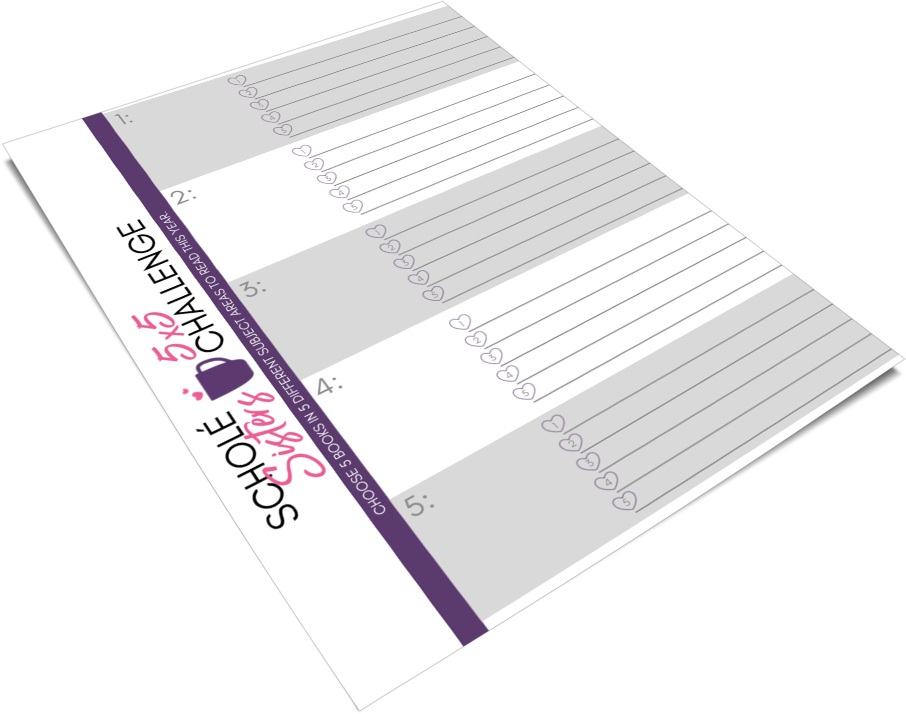

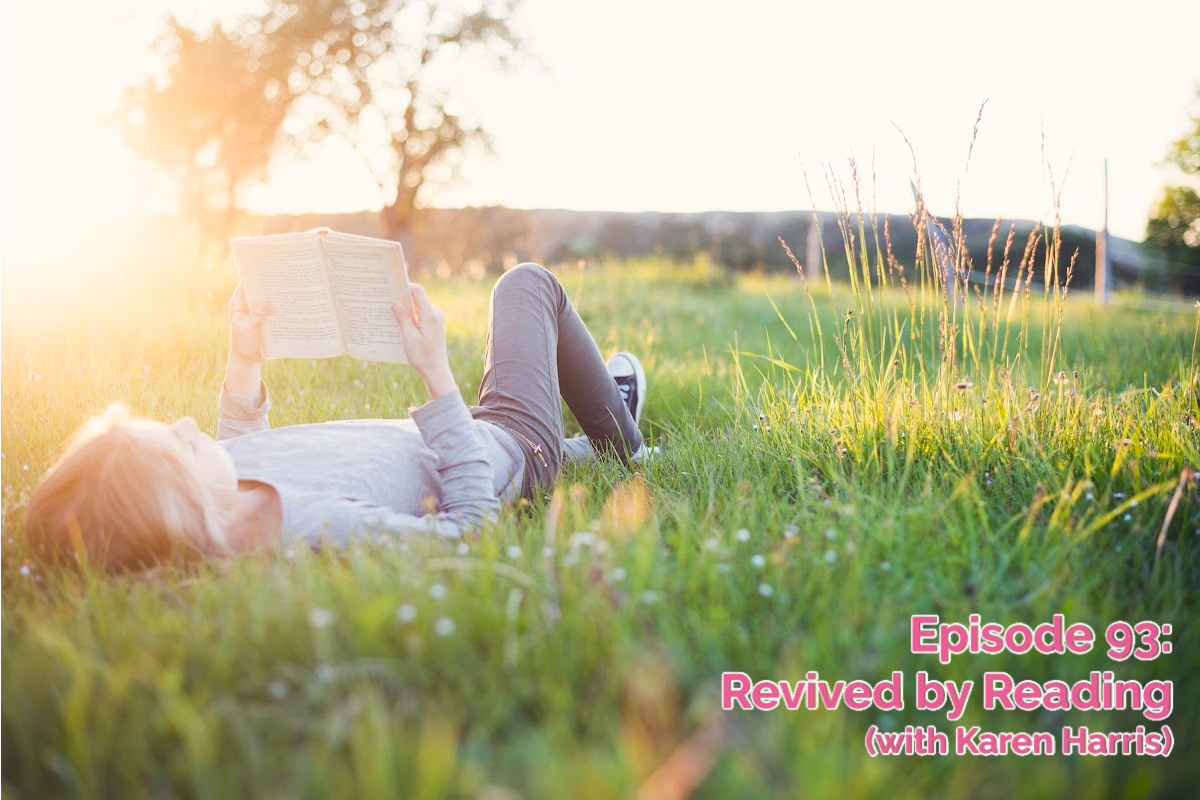
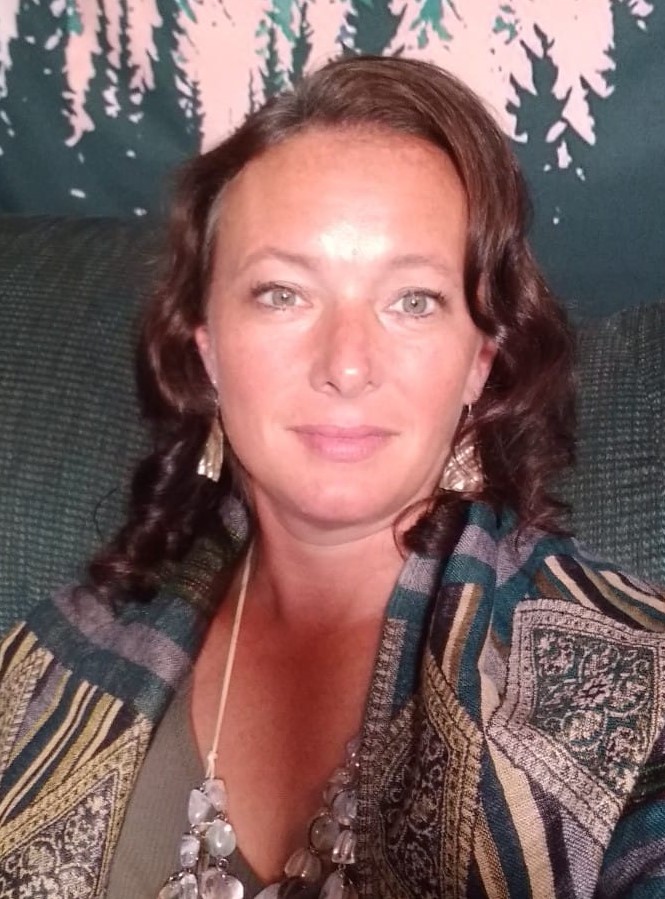
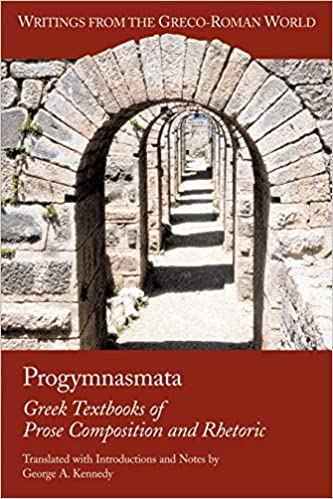

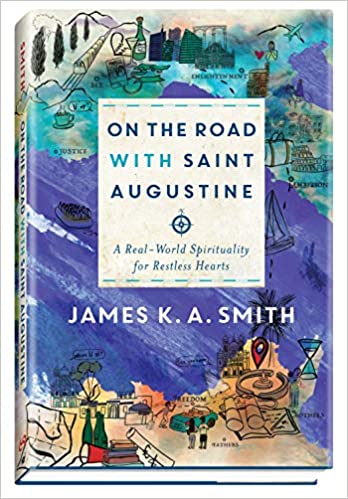
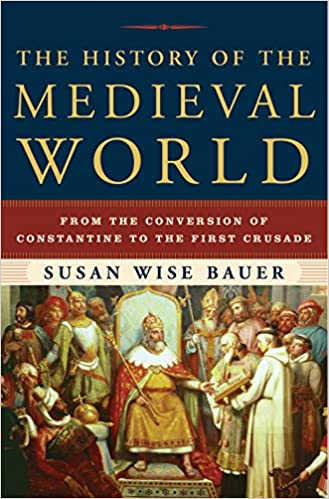

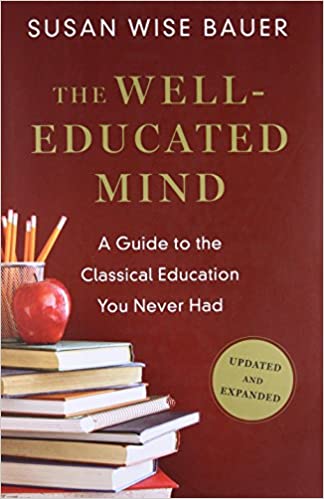

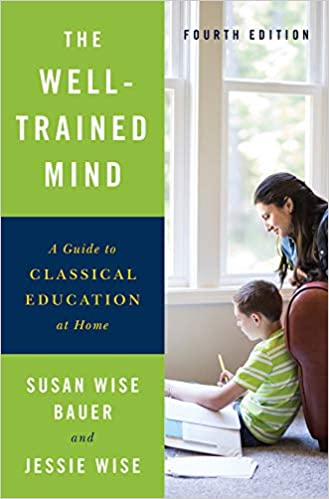
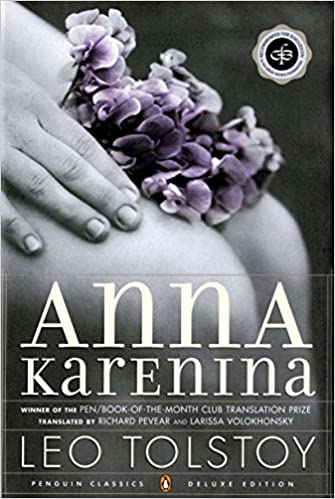
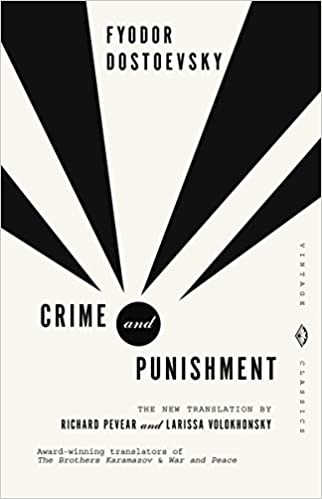
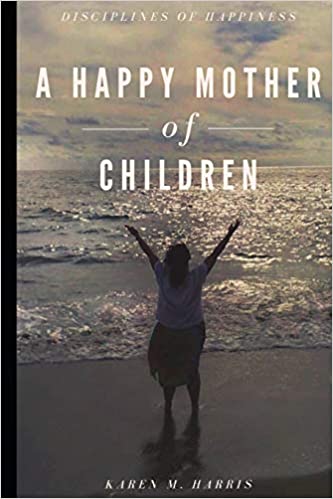


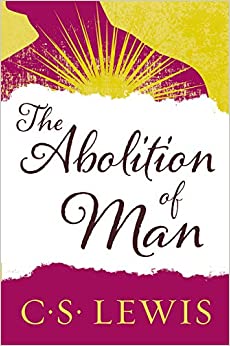
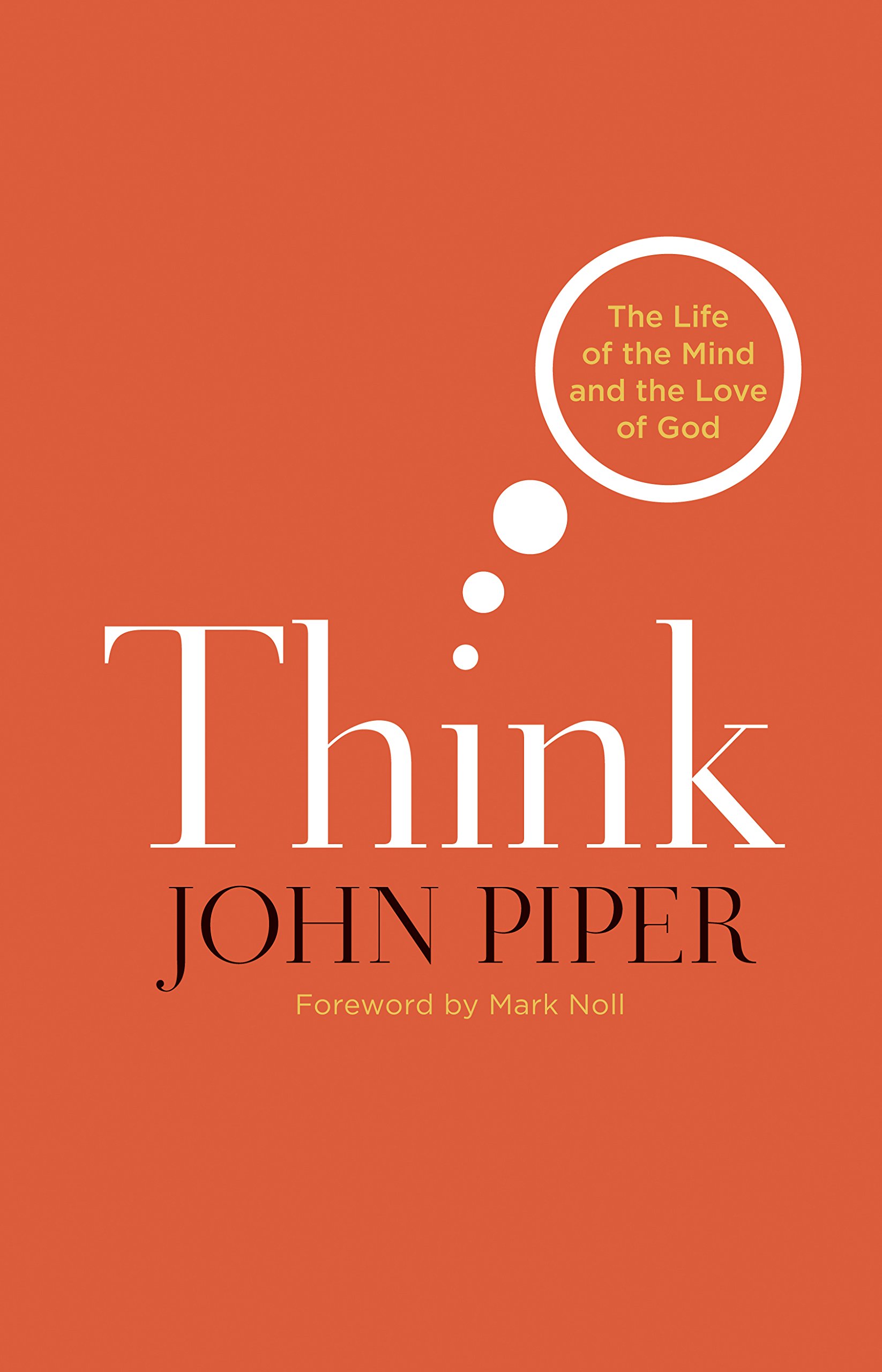
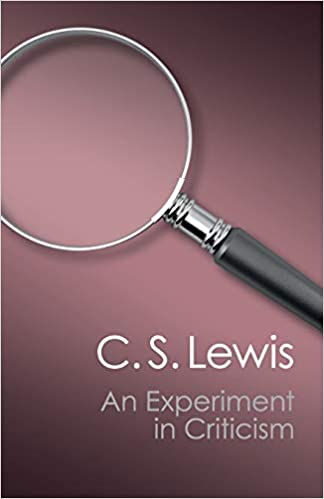

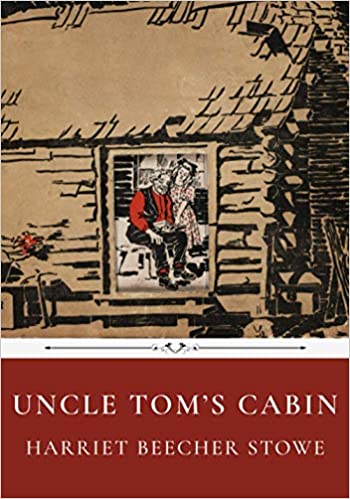
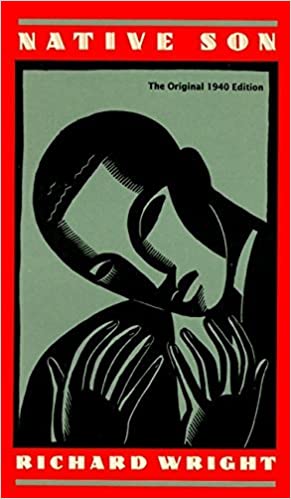

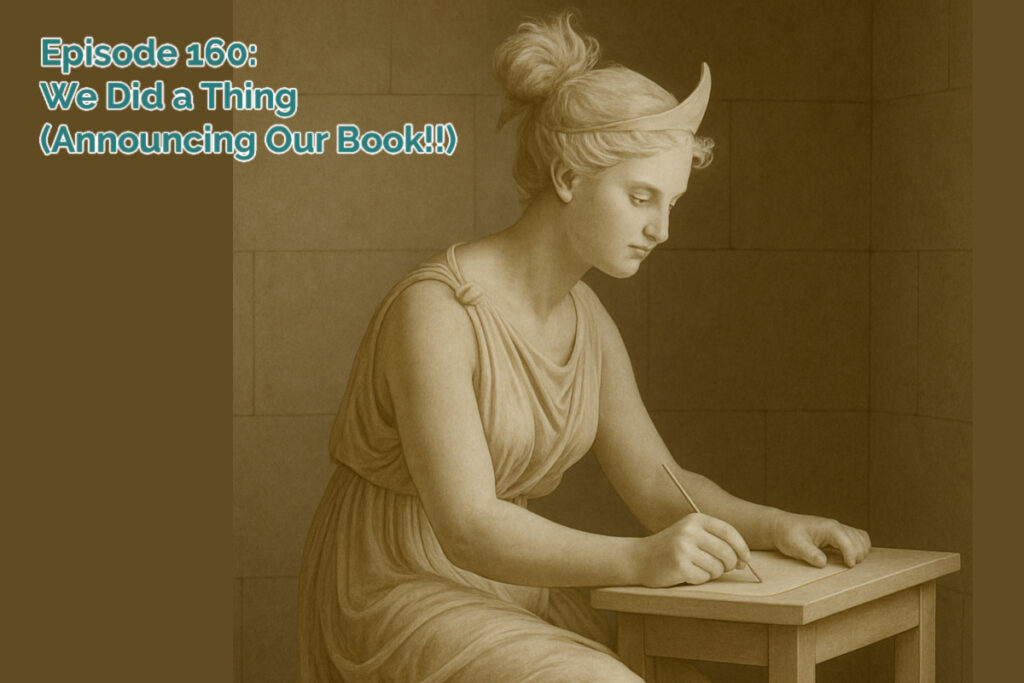
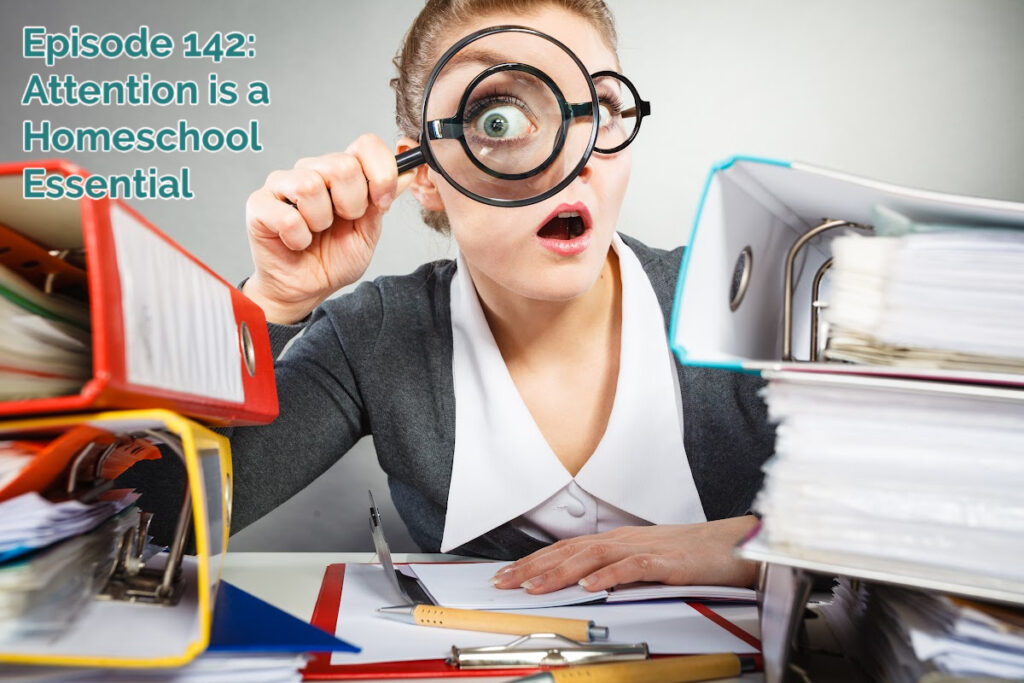
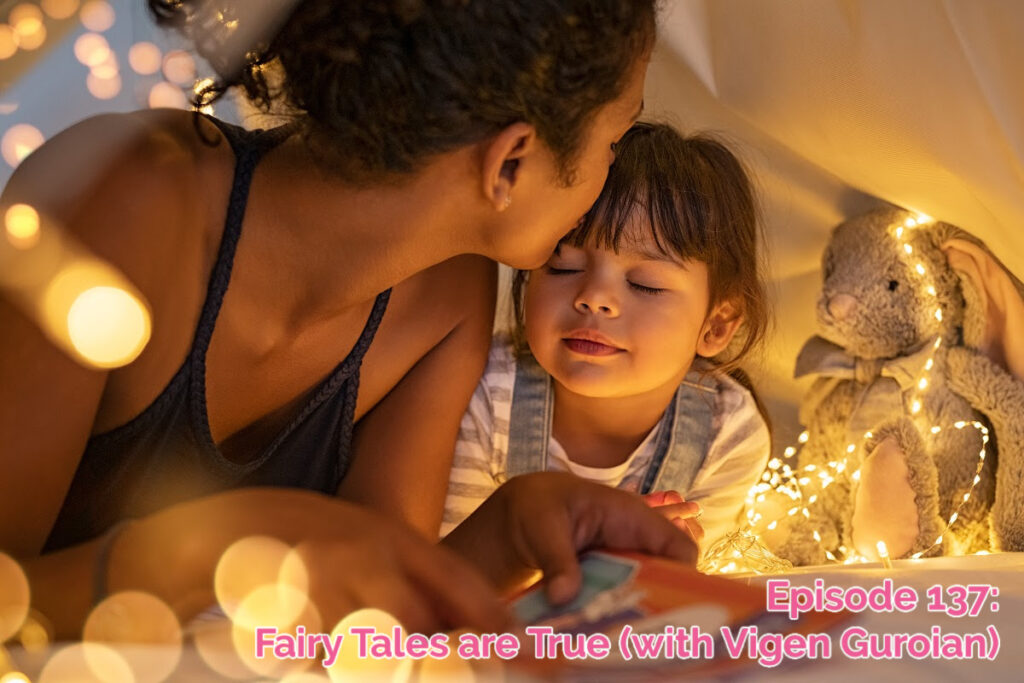
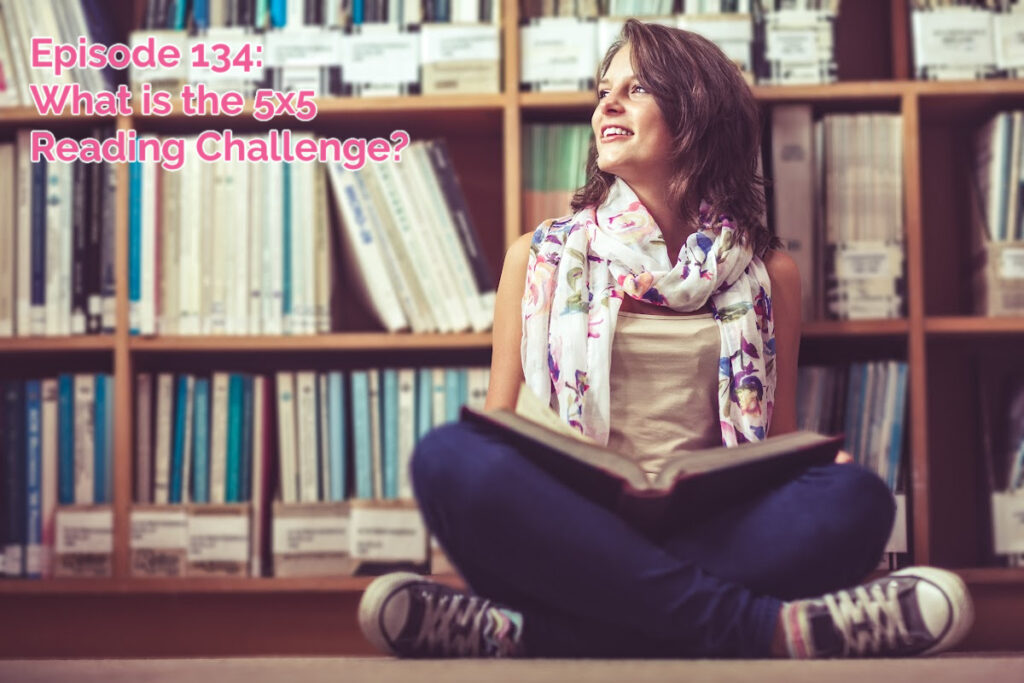

One Comment
Comments are closed.